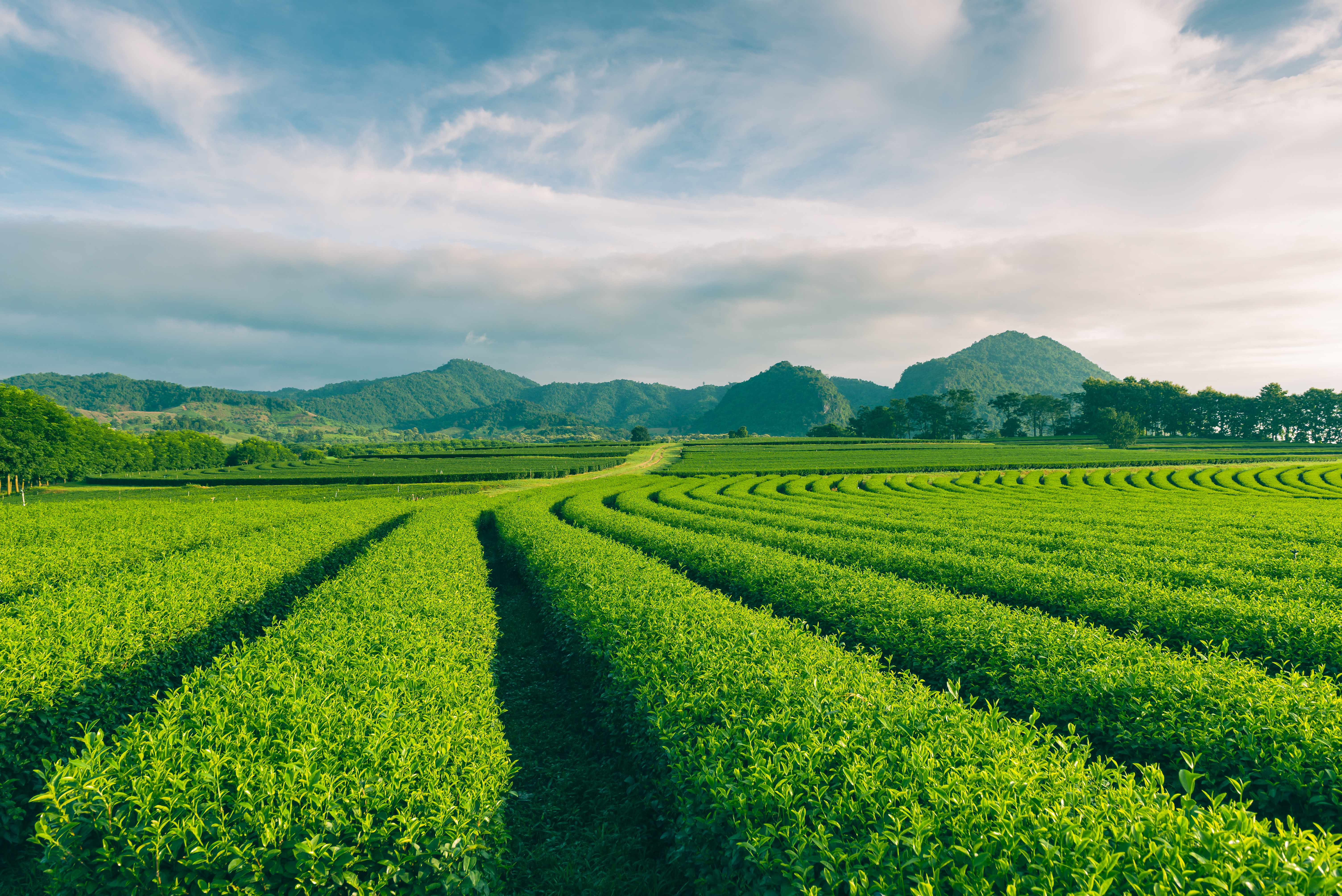Agriculture recruitment in the Philippines
The Philippines is still primarily an agricultural country, made up largely of farming and fisheries, alongside a smaller amount of livestock and forestry. Recently the Department of Agriculture released key strategies to attain a growth target of 2.5% in agricultural output in 2021.
Like many agricultural countries, the Philippines were hit badly by the 2020 Covid-19 pandemic, and vulnerabilities were highlighted which the country now aims to fix, and grow from. The Department of Agriculture now has instructed all of their offices and agencies to realign their programmes under the eight paradigms of modernisation, industrialisation, export promotion, farm consolidation, infrastructure development, investments for agriculture, legislative support and roadmap development.
With a concerted effort, the Philippine Department of Agriculture are determined to attract more investments and resources, and to partner with the private sector to modernise and industrialise the country's agri-fishery sector.
With such an environment, it is expected that the agriculture sector will grow and attract further overseas investment. Companies investing in Philippines will of course use local talent as needed, but if quality staff are hard to find, Peak Recruitment are here to help. At Peak, our priority is to place the very best candidates in your Philippine agriculture role, whether the expanded personnel requirements come from a planned growth, or from an unexpected opportunity arising.
Recruiting for agriculture in Indonesia
Indonesia is one of the world's largest producers and exporters of tree crops such as palm kernels, copra, rubber, coffee, cocoa and spices. Major food companies dominate the sector, and they recruit about one third of Indonesia's workforce for employment making the sector the country's largest employer. in 2018, World Bank figures showed that Indonesia's agricultural sector accounted for 12.8% of GDP.
Palm Oil is by far the largest and most important product for Indonesia's agricultural market. Palm Oil exports dwarf the cocoa and coffee output, although these still remain very important to Indonesia. The Ministry of Industry developed a plan for 2015 - 2020 to boost the coffee industry further, with investment in research and development, national standardisation and increased production of the more specialist and better quality Arabica coffee beans.
Indonesia's booming start-up culture has led to new technologies being available to its agriculture industry. Companies have grown to connect farmers and SME businesses, and crowdfunding platforms have emerged that enable investors to fund independent farmers directly in return for an expected profit share.
Whilst Indonesia has huge tracts of land for agricultural production, like many other south east asian countries, it is looking to urban farms to utilise technology and automation in the farming of products that will be used directly in the urban area. For instance the urban farming of prawns, which will be produced in proximity to markets and restaurants, solves the problem of damaged or deteriorated products resulting from transport on the country's road structure.
Peak recruit for a variety of opportunities amongst many agriculture companies in Indonesia. We cover recruitment for everything from seed and plant cultivation through to plant nutrition and agri-commodities trading, placing niche and highly trained candidates in the ever changing market in Indonesia.

